Daily Report Archives
Established in December 1993, the Nautilus Institute’s *N*ortheast *A*sia *P*eace and *S*ecurity *N*etwork (NAPSNet) Daily Report served thousands of readers in more than forty countries, including policy makers, diplomats, aid organizations, scholars, donors, activists, students, and journalists.
The NAPSNet Daily Report aimed to serve a community of practitioners engaged in solving the complex security and sustainability issues in the region, especially those posed by the DPRK’s nuclear weapons program and the threat of nuclear war in the region. It was distributed by email rom 1993-1997, and went on-line in December 1997, which is when the archive on this site begins. The format at that time can be seen here.
However, for multiple reasons—the rise of instantaneous news services, the evolution of the North Korea and nuclear issues, the increasing demand for specialized and synthetic analysis of these and related issues, and the decline in donor support for NAPSNet—the Institute stopped producing the Daily Report news summary service as of December 17, 2010.
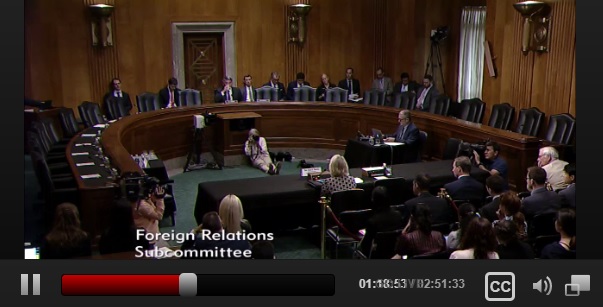
Leon V. Sigal July 28, 2017 I. INTRODUCTION In this essay, Leon V. Sigal argues that North Korea’s unbounded weapons program “poses a clear and present danger to U.S. and allied security. That makes it a matter of great urgency to negotiate a suspension of its nuclear and missile testing and fissile material production […]
Go to the article
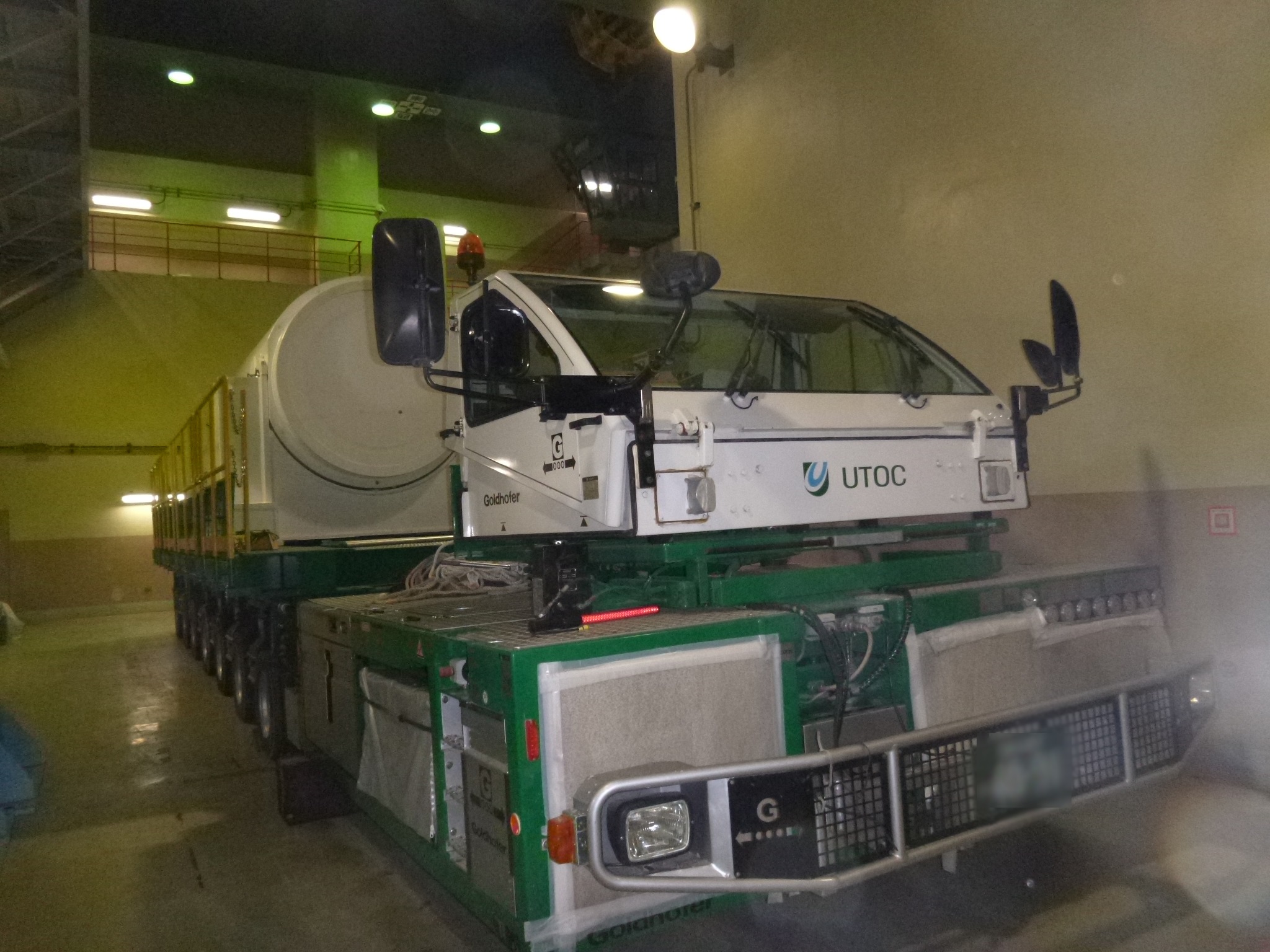
小川和久 2017年7月21日 I. はじめに 小川和久・静岡県立大学特任教授 小川和久は本論考で、グローバル化した世界におけるテロリズムのリスクを減らすための、拒否的抑止を含むシステム的アプローチと、核…
Go to the article

Kazuhisa Ogawa July 21, 2017 I. INTRODUCTION In this essay, Kazuhisa Ogawa argues for a systematic approach to reduce the risk of global terrorism, including deterrence by denial, and painstaking measures to reduce the risk of nuclear terrorism. He points out that Japan’s official approach remains too formalistic and stove-piped and must be improved […]
Go to the article

Masahiro Kikuchi July 14, 2017 I. INTRODUCTION In this essay, Mahiro Kikuchi concludes that: “Quantitative and timely evaluation system for detection of protracted theft by insider should be built in the NMAC as an essential part of its function. All people including not only the national competent authority but also top management and staffs […]
Go to the article

Toshiari Saegusa July 7, 2017 I. INTRODUCTION In this essay, Toshiari Saegusa reviews the evolution of nuclear spent fuel (SF) storage technology and in particular, the safety, economic, and security issues associated with use of dry cask storage for nuclear spent fuel. He concludes: “From technical and economic points of view, SF needs to be […]
Go to the article

ENDING THE NORTH KOREAN NUCLEAR THREAT BY A COMPREHENSIVE SECURITY SETTLEMENT IN NORTHEAST ASIA Morton Halperin, Peter Hayes, Chung-in Moon, Thomas Pickering, Leon Sigal June 28, 2017 I. INTRODUCTION In this essay, the authors argue “that a US-ROK coordinated approach can be built on the foundation of a plausible, concrete concept of a comprehensive […]
Go to the article
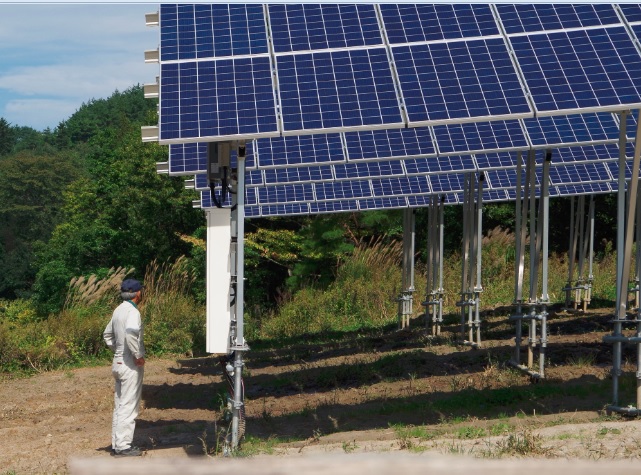
Kae Takase June 23 2017 I. INTRODUCTION In this essay, after tracing the evolution of Japan’s energy policy and economy in the years after Fukushima, Kae Takase concludes: “The Japanese electricity sector will undergo dramatic and disruptive changes in the coming years. The future of nuclear reactor restarts, retail market deregulation, unbundling of transmission […]
Go to the article
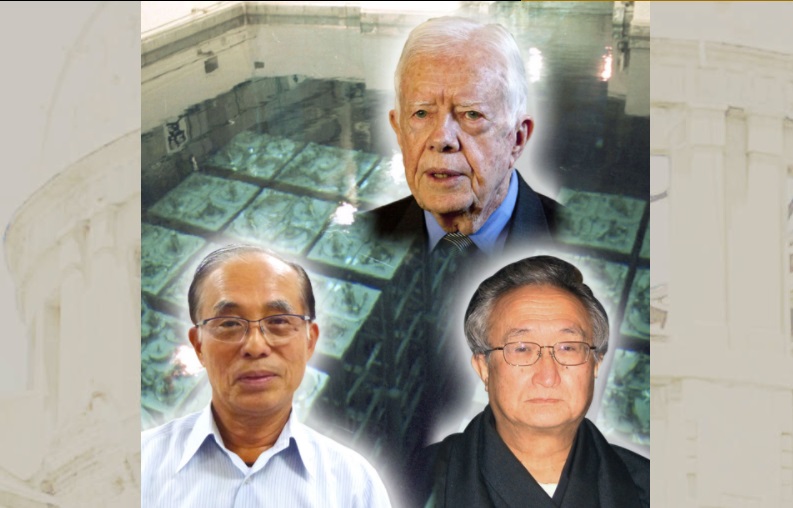
Masakatsu Ota June 15, 2017 I. INTRODUCTION In this essay Masakatsu Ota argues that driven by “other agendas,” the Abe government will continue to support nuclear power, including MOx fuel recycling in spite of the Fukushima disaster, albeit with important modifications. He concludes that “little attention has been paid to nuclear security concern about […]
Go to the article

Matthew Bunn June 8, 2017 I. INTRODUCTION This essay by Matthew Bunn argues that nine straightforward steps are available for Japan to greatly reduce the risks of nuclear terrorism at reasonable cost. “These include minimizing the use of materials that could be used in nuclear weapons, and providing highly effective security and accounting wherever […]
Go to the article
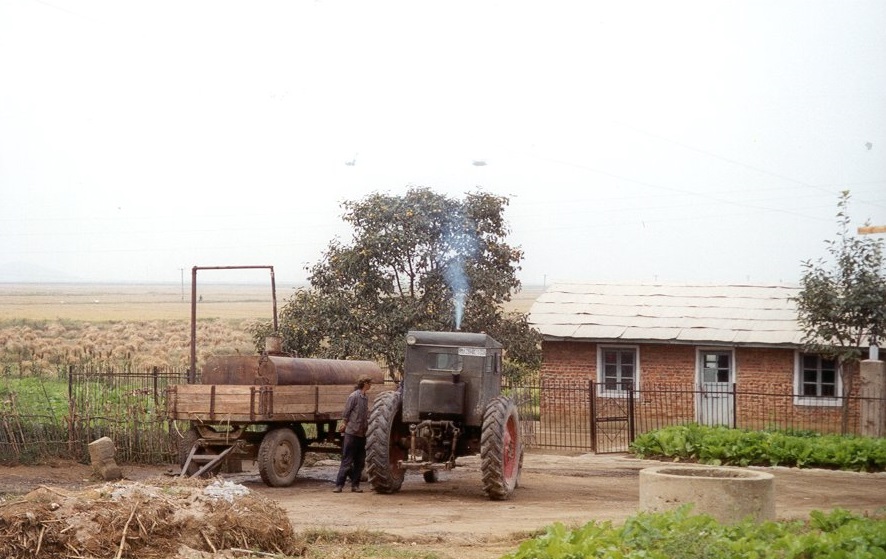
David von Hippel and Peter Hayes June 7, 2017 I. INTRODUCTION In this essay, David von Hippel and Peter Hayes suggest that the emissions data reported in the DPRK’s Intended Nationally Determined Contribution of Democratic People’s Republic of Korea submitted to the UN are broadly consistent with previously compiled energy supply-demand balances prepared for the […]
Go to the article











